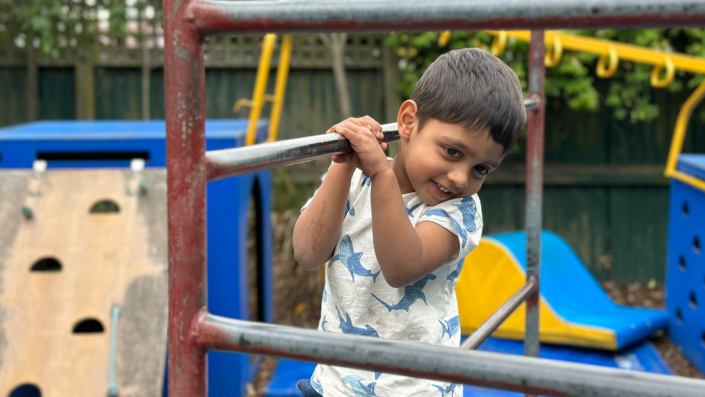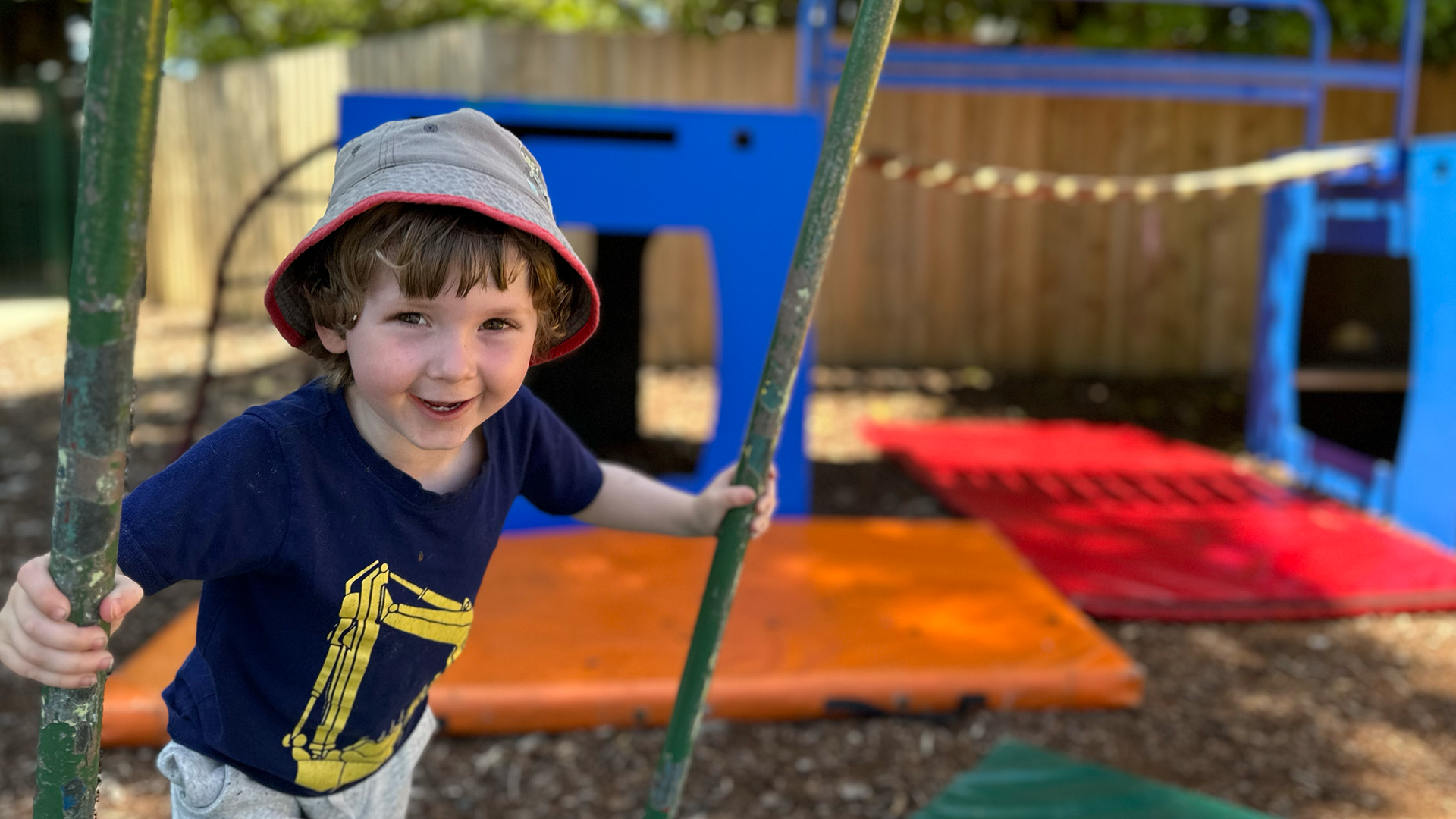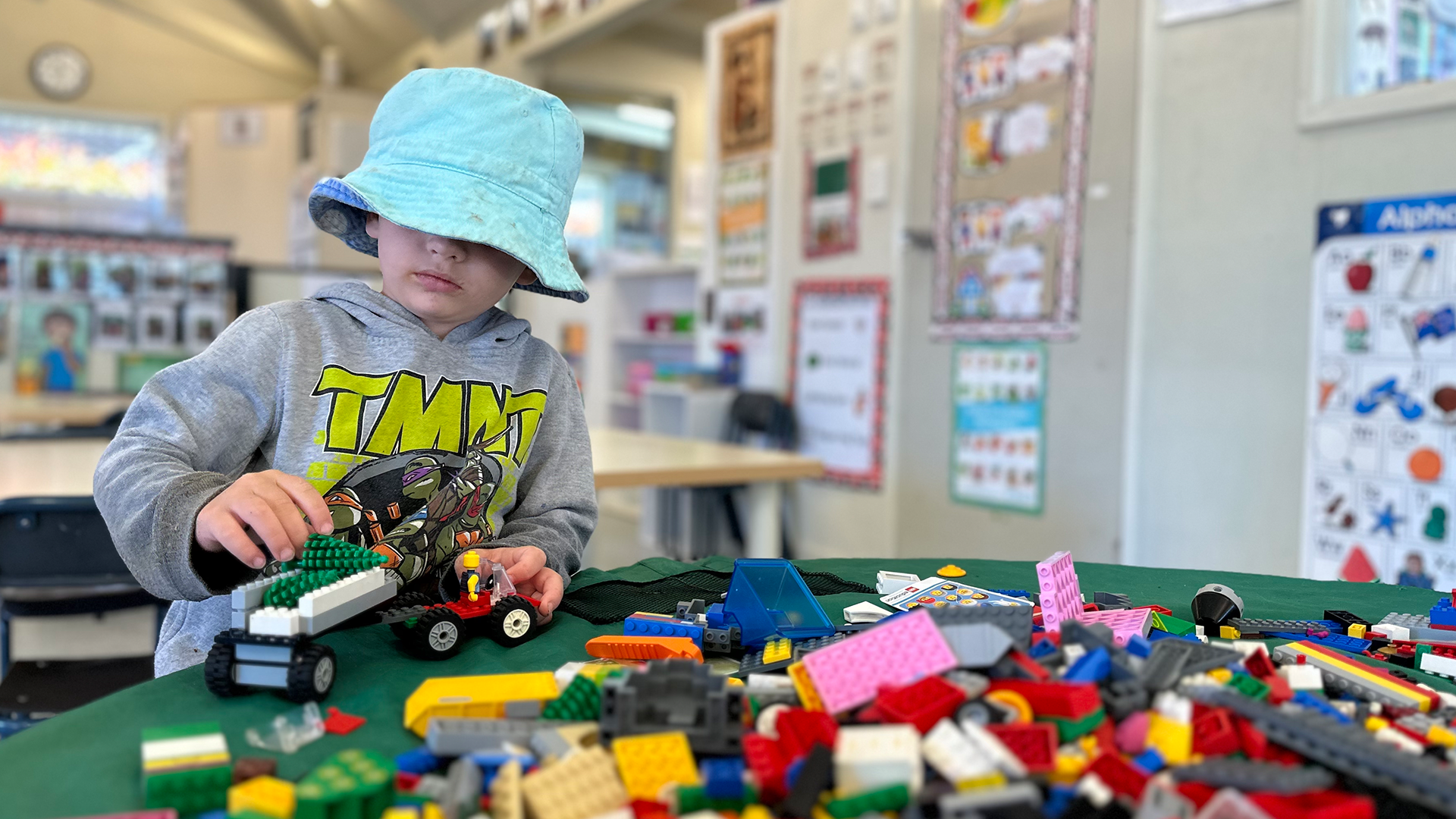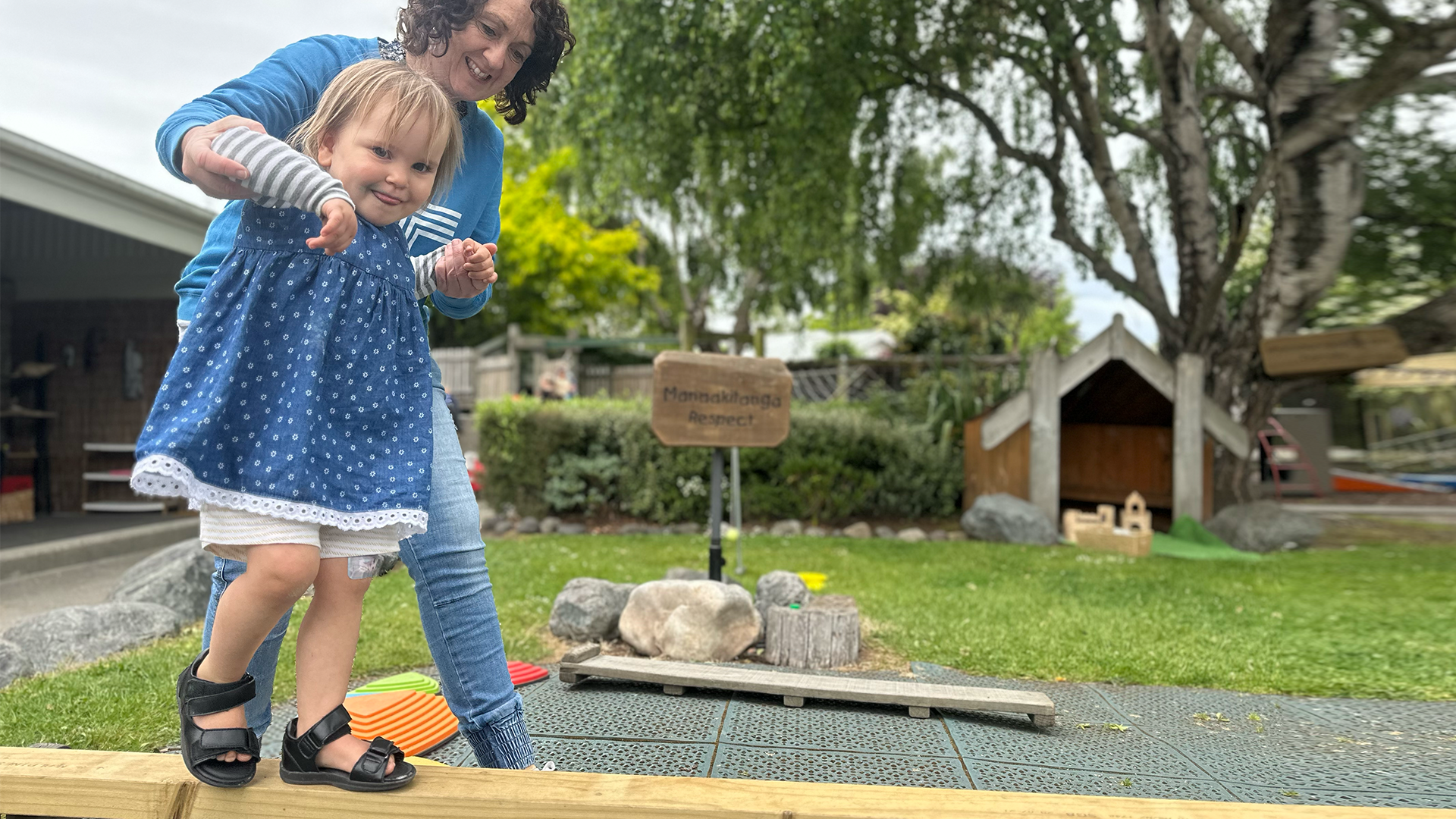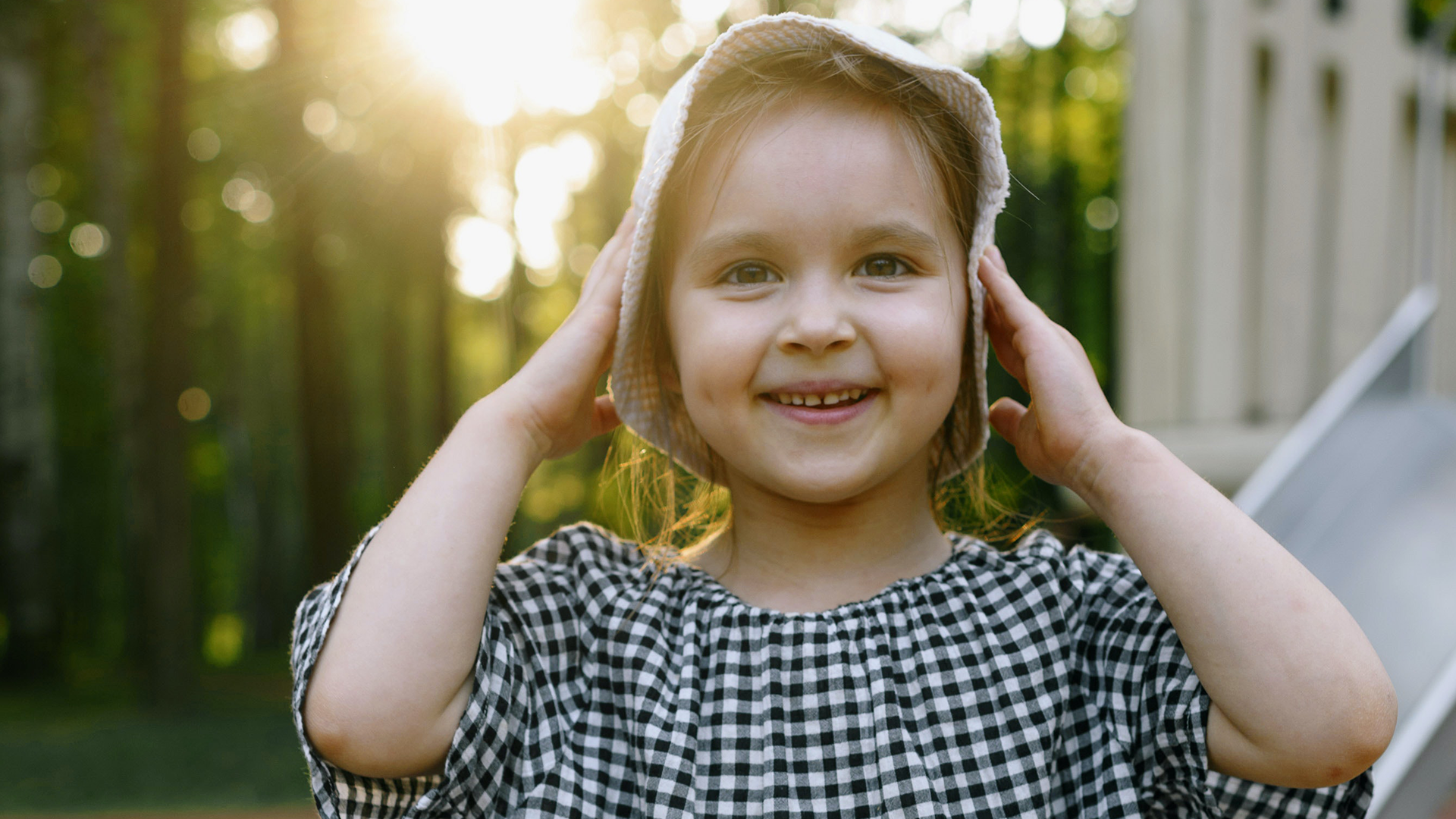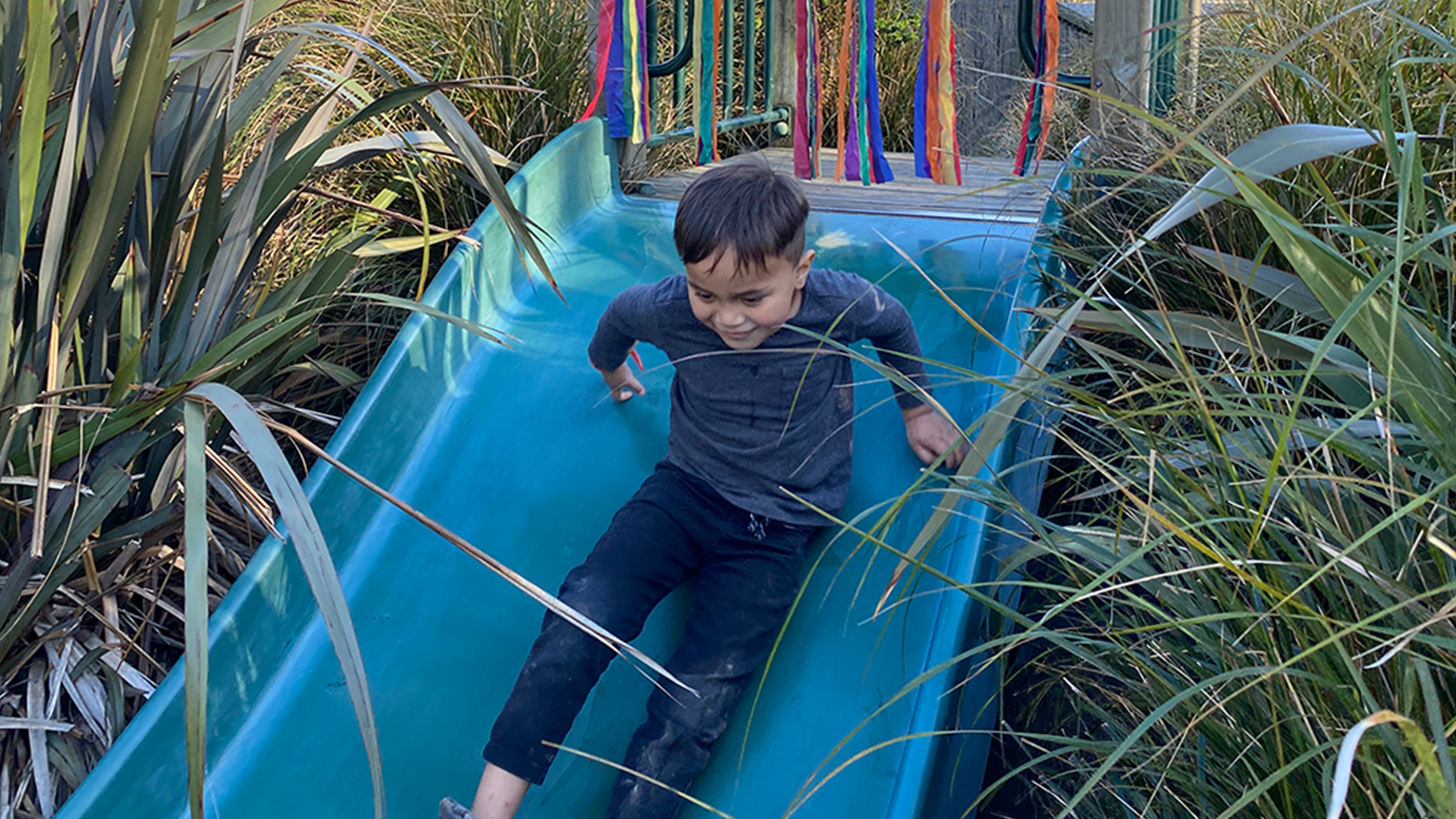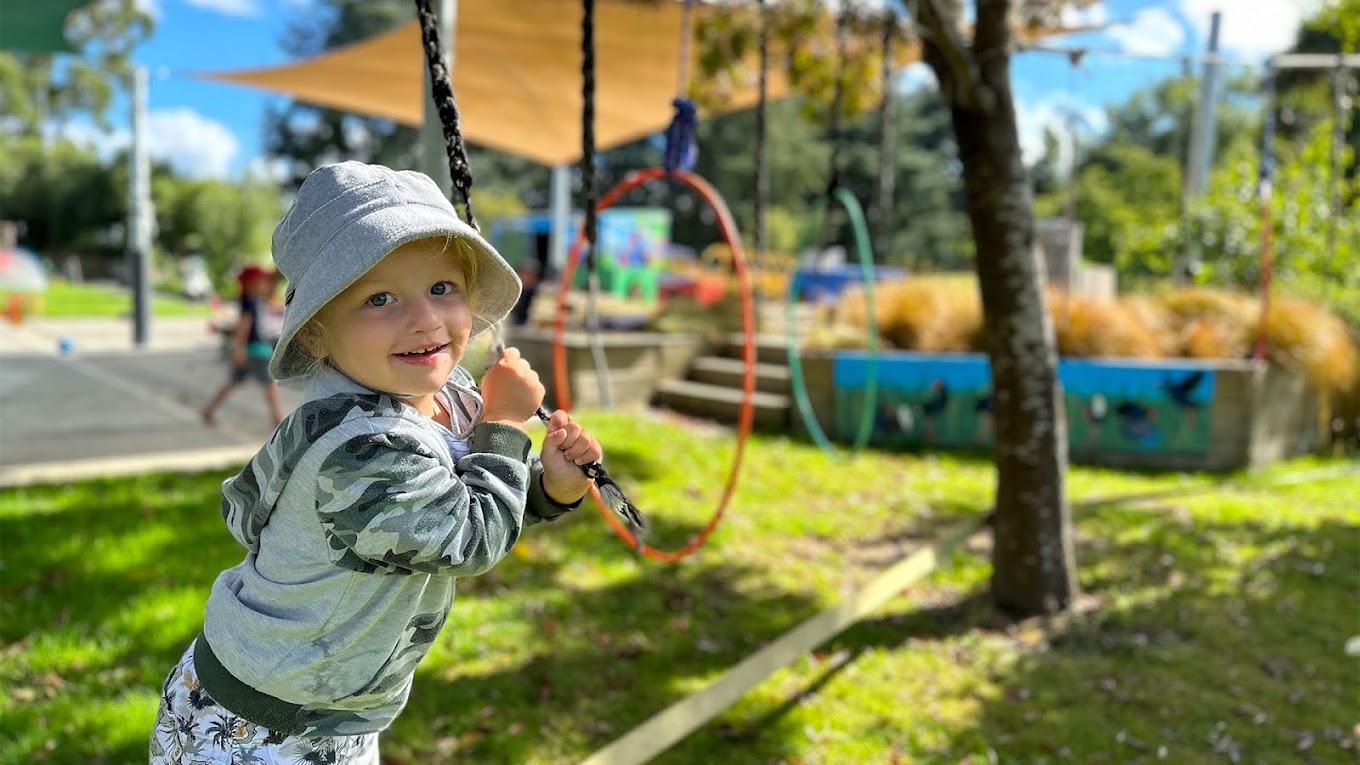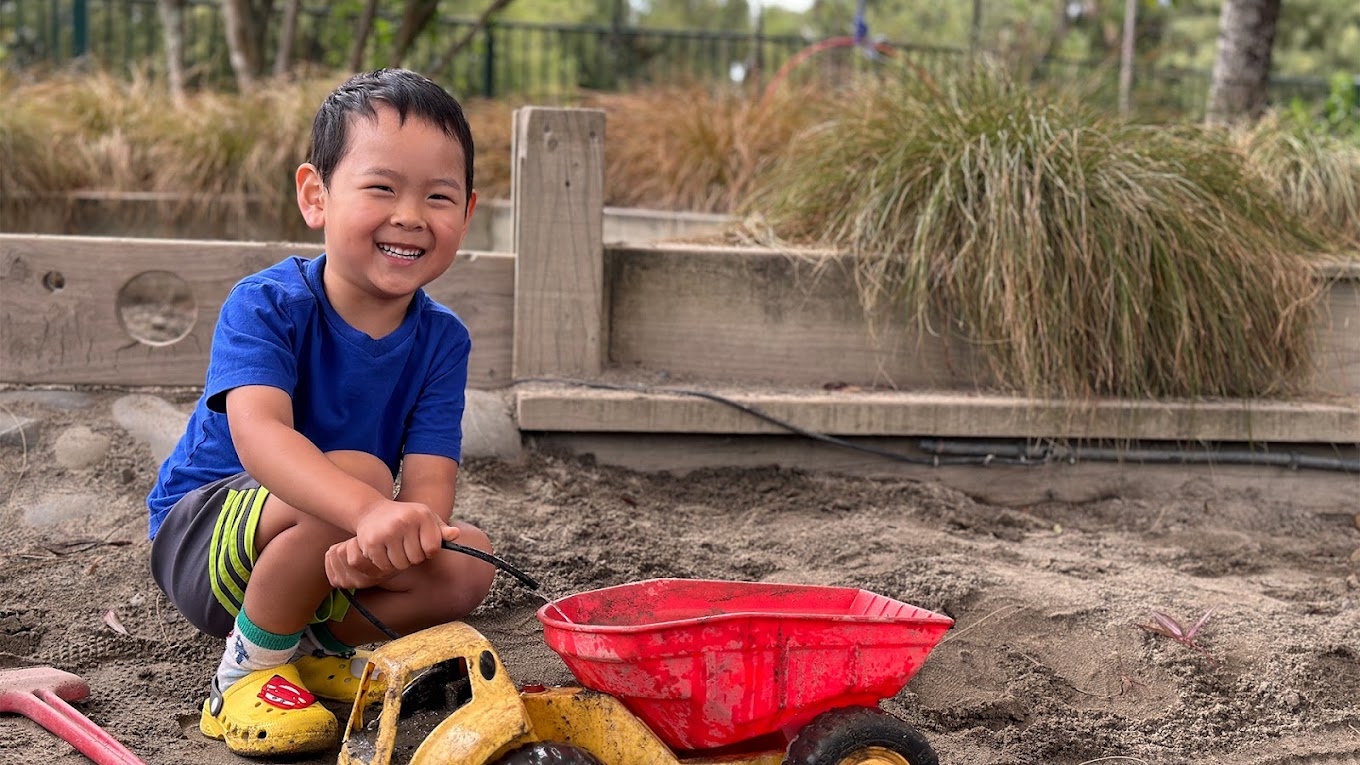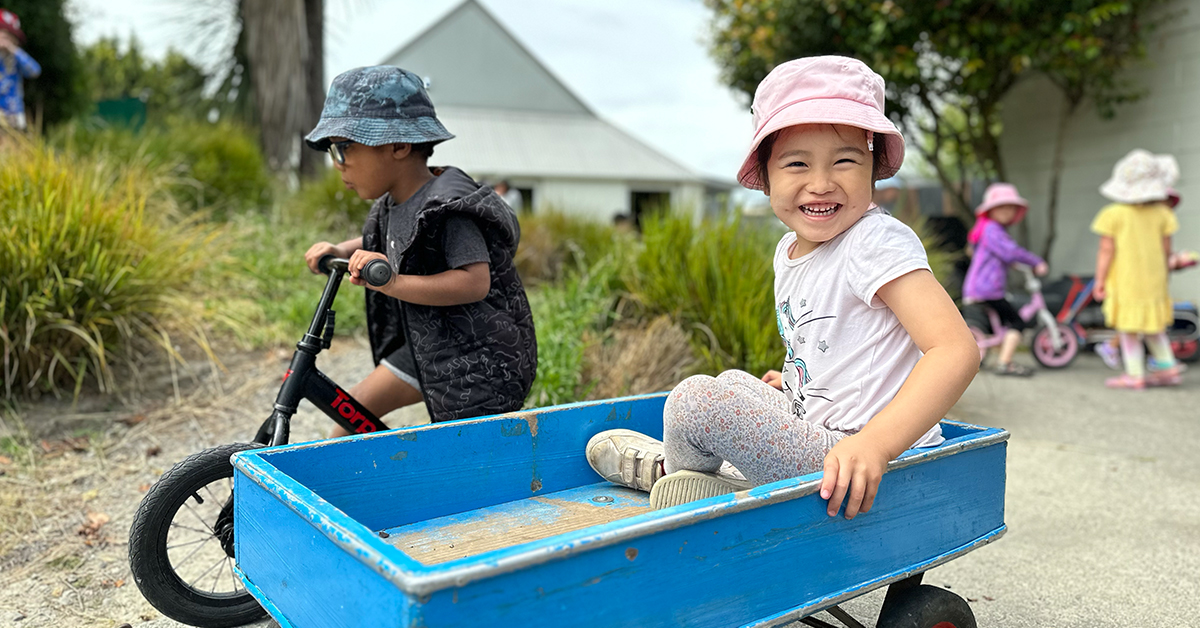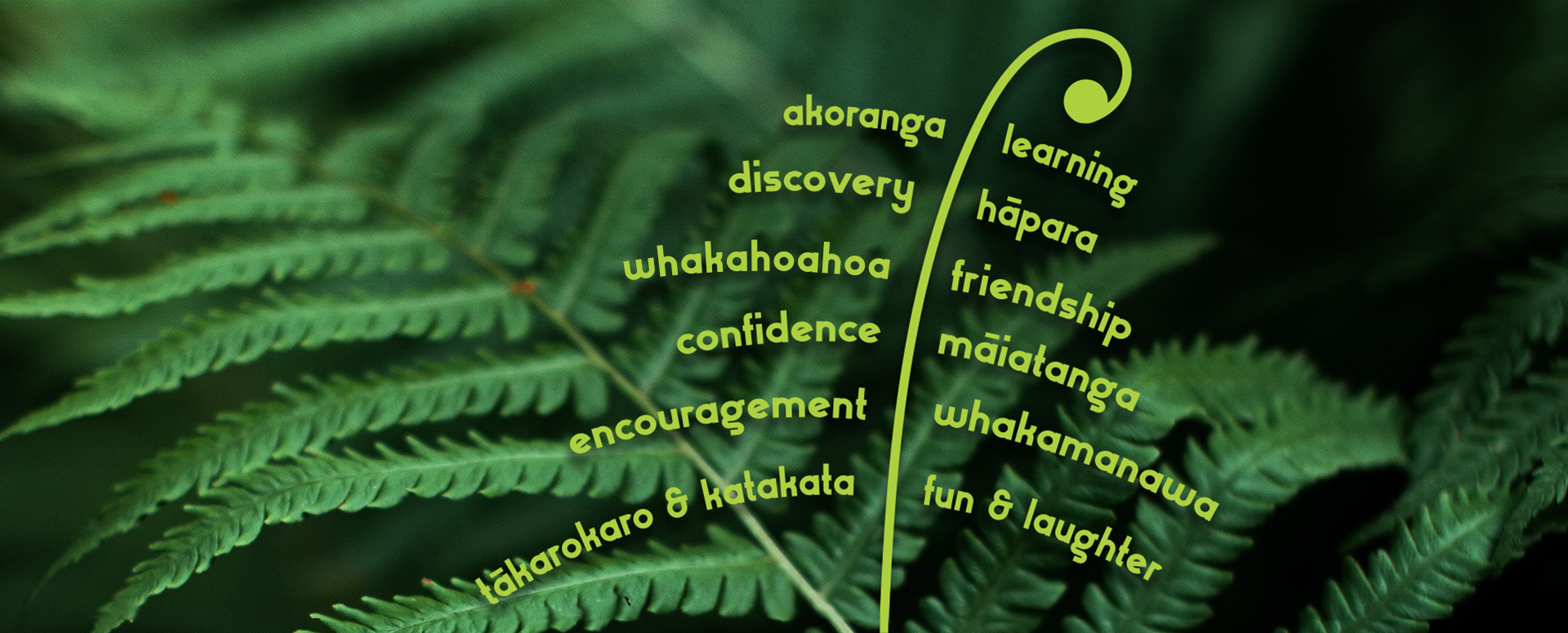Key takeouts:
- It’s hard to be sure of yourself when you’re only little and the world is a big, new, and sometimes intimidating place.
- That’s why a supportive, safe environment with caring and encouraging kaiako is so important.
- Everybody needs self-confidence to be able to try new things, experiment and grow in their understanding of the world.
- Knowing you can overcome failure, and going from “I can’t” to “I can” is a great achievement. Feeling capable is one of the key things our kindergartens try to instil in tamariki.
- Having the confidence to try again is a brilliant way to gain more self-assurance, and to learn that setbacks don’t need to be the end of the story.
- If you have the right attitude, and with the right encouragement, there are hardly any limits on what you can achieve. Ka mau te wehi!
Becoming confident
Building self-confidence during the kindergarten years is vital. For tamariki it’s all about discovering who you are, your place in the world around you, feeling good about yourself, and, no matter what little challenges you face, knowing deep down that you’re capable and valued.
Happy, confident children learning while at play at kindy is what we like to see.
So what influences confidence? How do you foster that feeling? What can make a difference in a young life? There are several things that contribute to the development of being self-confident.
One is having somewhere where you feel safe and supported. A familiar environment that tamariki can explore with the support and encouragement of caring adults is hugely beneficial, and that’s what our kindergartens aim to provide. We aim for these to be welcoming, safe places where the children are happy and think of the kindy as a ‘second home’.
Positive responses work wonders. Praising efforts, whether they’re entirely successful or not, is very positive. Every experience at kindy is a learning experience.
Next is giving tamariki enough space to be adventurous with their learning, while all the time providing a ‘safety net’ underneath them, to support and encourage them. It’s vital that tamariki know they can ask for help if they need it, and that it’ll be there.
Additional to this is setting goals that are achievable or that can be broken down into smaller, easy steps. Starting small and building up to a bigger task is a great strategy.
What it boils down to is how the child feels. Healthy self-esteem and optimism can go a long way towards developing that lifelong love of learning.
Part of gaining confidence also comes from learning to lead, with self-directed play. It’s this undefended play and being in charge of what they’re doing that is an important stage in their development. Our kindergartens are heavily child-led. Tamariki have input that is listened to, respected, and acted upon. We encourage them to come up with ideas, rather than directing everything they do. Instead our kaiako are here to encourage and support.
Confidence is reinforced, not just by the outcomes of whatever’s happening but by the process itself. That’s why we praise efforts, noticing what they’re up to and celebrating their mahi, helping as needed without leading too much.
Feeling you’re valued is one of the most important things. It helps children to feel good about themselves and take on new challenges in the future.
Everybody fails sometimes and this is something we all learn.
Comparing yourself to your past efforts rather than competing with others is a good way to go. This way, if you’re having multiple attempts at doing something and still not succeeding, you can value the improvements you’ve made rather than solely focusing on the end result.
This is important because not succeeding, messing up, or not achieving what you’re trying to do is not an obstacle to building confidence. Rather, knowing that you did your best and gave it a good shot is not failure. Understanding that skills develop with practice is a valuable life skill. It’s about challenging the “I can’t” attitude.
How others respond to what you’re doing is very influential on confidence levels. It also affects whether tamariki are willing to try something new in situations where they feel unsure of themselves. Our kaiako encourage children to persist at what they’re doing and, if it isn’t working out how they’d hoped, to keep trying.
Our kaiako praise efforts and achievements. It helps to teach tamariki what they’re doing well. That doesn’t have to be big things, but could be as simple as putting toys away in the right places, or admiring the colours they’ve chosen for a painting.
Feeling you’re valued is one of the most important things. It helps children to feel good about themselves and take on new challenges in the future.
And that’s the basis for great learning.
Just as we try to teach children about confidence, parents and whānau can also be confident in us. Kidsfirst Kindergartens is a highly professional, long standing kindergarten association with 100% registered teachers and a commitment to putting children first.
Our name says it all – we are Kidsfirst, and we put children first.
It may sound simple but it’s a deep-set commitment to our youngest learners and their whānau.
While we foster self-belief in the tamariki (along with a can-do attitude), we’re here for our families, too, and try our hardest to provide the most encouraging and safest environment for the whole whānau.
For over a century that has been our goal, and we’re dedicated to making the most of these early years for tamariki, and those who care for them.
Trusting someone else with your child is a big ask, and something we take seriously. We’re proud that people are confident in us to do our very best in promoting the wellbeing and growth of tamariki.


